
trade
-
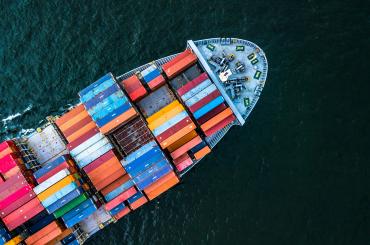
How can emerging economies break free from the sidelines of global trade?
The second episode of Development Dialogues covers how developing countries have engaged with global trade. How have their approaches to trade differed based on their underlying institutional and economic structure? What has been the impact on their economies and how might Trump's presidency shape the future of global trade?
-
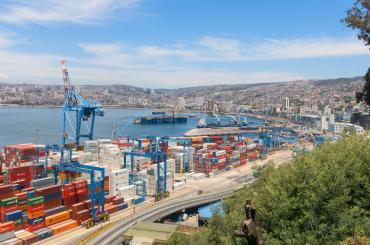
Free trade agreements and women’s employment: Evidence from Chile
New export opportunities led to a rise in hiring of female white-collar workers through changes in the use of technology and a correction of discrimination amongst Chilean firms.
-
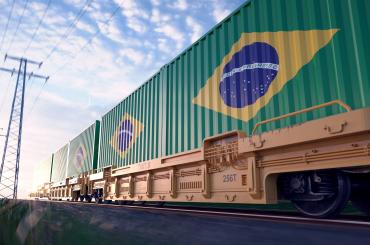
How did child health respond to trade shocks in Brazil?
Evidence on trade shocks in Brazil shows that, despite reducing household incomes, child health improved in hard-hit areas as parents, particularly mothers, had fewer labour market opportunities outside the home and therefore more time to invest in t...
-
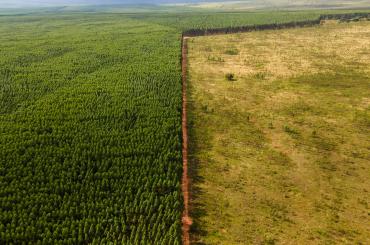
Trade or Trees?
Traditional trade agreements cause deforestation in the tropics. But if tariffs are contingent on the forest cover, trade can motivate conservation.
-

The gendered effects of import competition in Peru
Chinese import competition in Peru had adverse effects on employment in the short term, which dissipates for men, but is long-lasting for low-educated women in the tradable sector
-

Community networks and trade: Evidence from India
Production networks matter for firm growth. However, little is known about what shapes firms’ production networks in developing countries. This column explores the role of community networks in West Bengal in firm-to-firm trade between 2010 and 2016...
-
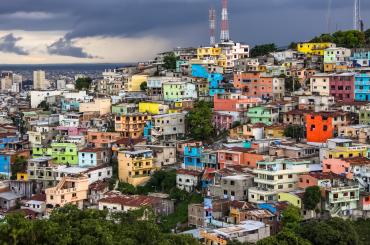
How does trade affect income inequality? Evidence from Ecuador
New measures of export and import exposure at the individual level show that international trade increases earnings inequality in Ecuador
-
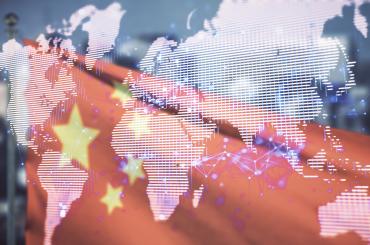
How the surveillance state is exported through trade in AI
Autocracies and weak democracies are more likely to import facial recognition AI from China, particularly in years when they experience domestic unrest
-

Globalisation and the ladder of development
Does international trade always push countries up the ladder of development?